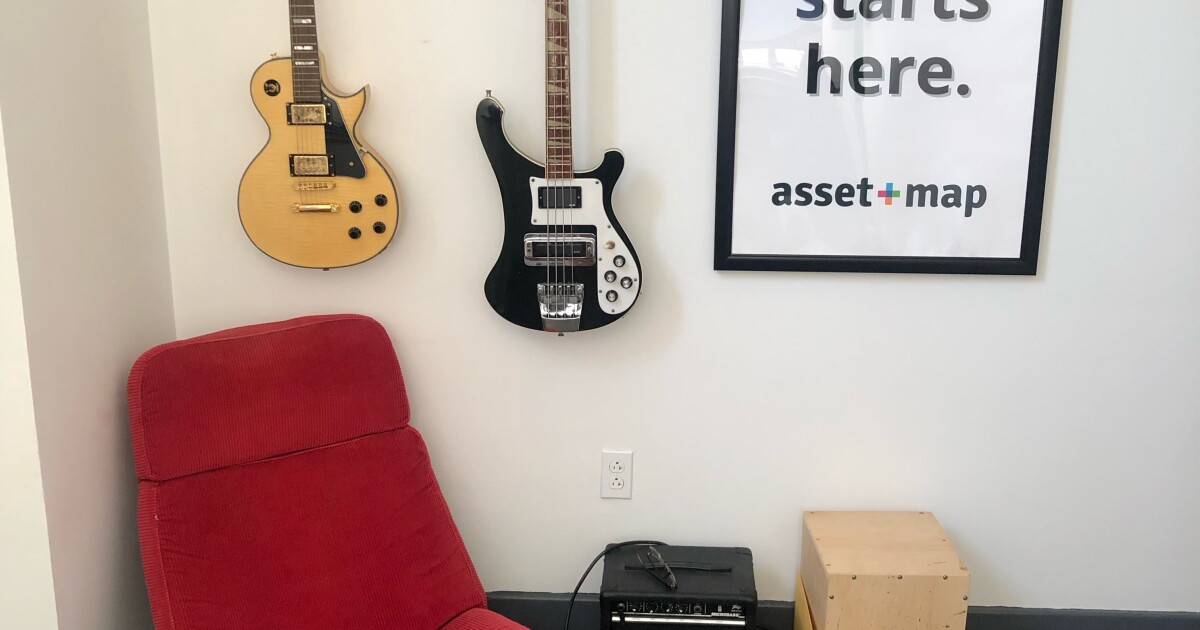A small convoy of international aid entered Gaza on Saturday morning, hours after two US hostages were released by Hamas after mediation from Qatar.
Some 20 trucks carrying medicines and canned food entered the southern Gaza Strip via the Rafah crossing from Egypt after days of intense diplomatic negotiations to satisfy Israeli demands that they should be inspected for weapons and their contents kept out of the hands of Hamas, several officials said.
Cindy McCain, executive director of the UN World Food Programme, said the aid convoy comprised nine UN trucks and 11 from the Egyptian Red Crescent.
WFP stocks in Gaza are very low and it has sent in 60,000 metric tonnes of food — enough to feed about 40,000 people for about a week, she said, adding that more trucks will enter Gaza on Monday.
McCain said she was “very hopeful” that “we will be able to get more trucks in as the days go by”, but warned that “people . . . are literally starving to death as we speak”.
Martin Griffiths, the UN’s under-secretary general for humanitarian affairs and emergency relief co-ordinator, said: “It is critical that aid reaches people in need wherever they are across Gaza, and at the right scale. The people of Gaza have endured decades of suffering. The international community cannot continue to fail them.”
Griffiths had previously told ambassadors that around 100 trucks of humanitarian supplies per day were needed to meet the needs of the more than 2mn residents of the besieged enclave. Before the war Gaza received 450 trucks a day, according to UN official.
A senior UN official said Saturday’s delivery is expected to be the first of many, as a formal inspections regime is slowly being put into place.
The World Health Organization said four of its trucks had begun moving towards Gaza. The Strip’s hospitals had reached “breaking point” due to shortages and its supplies would be “a lifeline”, it said.
The WHO has called for safe passage for supplies and workers, including to the north of the strip, which is under an Israeli evacuation order. But the situation is complex as infrastructural damage from Israeli bombing had been severe, it warned.
“The supplies currently heading into Gaza will barely begin to address the escalating health needs as hostilities continue to grow,” the WHO said. “A scaled up and protected aid operation is desperately needed.”
Rear Admiral Daniel Hagari, a spokesperson for the Israel Defense Forces, said on Saturday that aid entering Gaza “is meant for southern Gaza only”, and fuel was not being brought in.
Around 700,000 of Gaza’s inhabitants have moved to the southern part of the enclave, south of the Gaza River, he said. He called on the remainder of the population to move south, saying: “Our message in the north is clear: whoever tries to infiltrate into Israeli territory will be killed, whoever fires on us will be struck.”
People with foreign passports who had gathered at the border hoping to leave Gaza expressed disappointment that nobody was allowed out. Abu Mohamed, who was accompanied by his wife and two children, said: “The US embassy told us to head to the border at 10am and here we are waiting but the crossing has not opened. How are we going to return to Nuseirat [in the middle of the Gaza Strip] when the road is dangerous?”.
The aid trucks’ entry into Gaza came as international talks began in Cairo, with leaders from Egypt, Jordan and other Arab nations meeting European representatives.
Separately, the leaders of Saudi Arabia, the United Arab Emirates and Qatar met in Riyadh on Friday, as regional powers seek to keep the war between Israel and Hamas from spreading into a broader conflict.
The released hostages, mother and daughter Judith Tai Raanan and Natalie Shoshana Raanan, are expected to return to the US shortly, where US president Joe Biden said he was “overjoyed” at their release.
They were driven to the Gaza border by International Committee of the Red Cross on Friday evening after mediation by Qatar, a US ally that hosts Hamas’s political office.
A person familiar with the talks leading to the release told the Financial Times it was “a unilateral” initial step which could lead to more hostages being freed.
Hamas is holding about 200 people, including many with dual nationalities, who were taken in its devastating assault on Israel two weeks ago, the deadliest attack on the country in its 75-year history.
It had previously demanded a ceasefire before release negotiations could take place, and the release of more than 6,000 Palestinian prisoners in Israeli jails. In a statement Hamas said the release was for “humanitarian” reasons.
Israel’s prime minister Benjamin Netanyahu welcomed the release, saying Israel would keep working to secure freedom for the rest. “At the same time, we’ll continue to fight until victory,” he said.
It is unclear how the ongoing hostage negotiations will affect Israel’s looming ground offensive in Gaza.
Asked by reporters if he would support a delay to the ground invasion, Biden initially replied “Yes”. The White House later said he misheard the question, and was referring to the release of more hostages.
Palestinians in Gaza reported heavy bombardment on Friday night. The IDF said it had struck “a large number” of Hamas targets. At least 19 people were killed overnight, bringing the death toll in Gaza to over 4,100, including many women and children, Palestinian health officials said.
Israeli authorities say at least 1,400 people were killed in the cross-border raid by Hamas militants on October 7; around 200 people are still listed as missing.
On Friday evening Biden told a fundraiser in the US that Hamas’s attack had intended to thwart normalisation talks between Israel and Saudi Arabia that were being brokered by the US.
“One of the reasons why they acted like they did . . . [is] because they knew I was about to sit down with the Saudis,” Biden said, according to the White House. “The Saudis wanted to recognise Israel . . . unite the Middle East.”
Additional reporting by Neri Zilber in Tel Aviv, James Politi in Washington and Donato Paolo Mancini in London
Credit: Source link











